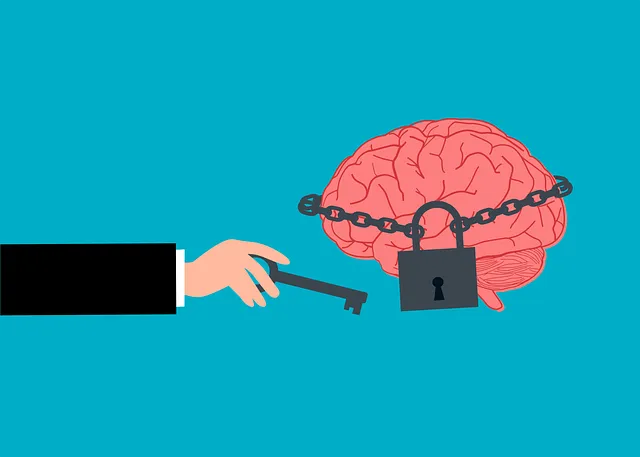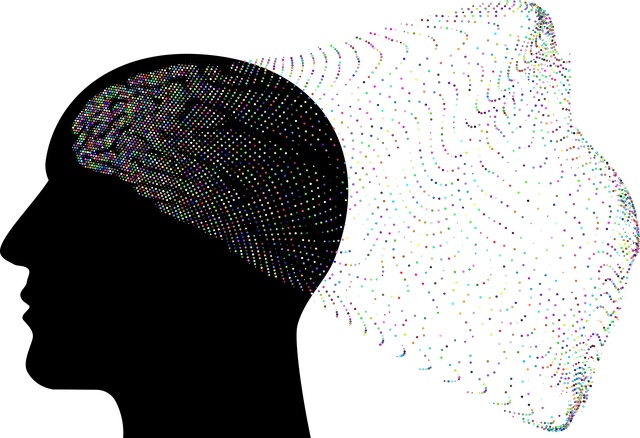The Kaiser Permanente mental health center in Lone Tree is dedicated to addressing healthcare provider burnout through comprehensive programs and strategies. They offer tailored education, self-care guidance (like routine development), journaling exercises, and resilience workshops to support emotional well-being. By incorporating compassion cultivation practices, mindfulness meditation, exercise, balanced diets, and clear work-life boundaries, the center empowers providers to manage stress, enhance resilience, and maintain dedication in their demanding roles.
“Healthcare provider burnout is a growing concern, particularly within large organizations like Kaiser Permanente. This article explores strategies to combat burnout at Kaiser Permanente’s Lone Tree location, focusing on the comprehensive mental health and well-being programs they offer. Through a combination of practical tips and unique initiatives, this piece aims to guide healthcare professionals in preventing burnout in high-pressure environments, emphasizing the importance of mental health support from centers like Kaiser Permanente’s Lone Tree facility.”
- Understanding Burnout Among Healthcare Providers at Kaiser Permanente Lone Tree
- Mental Health and Well-being Programs Offered by Kaiser Permanente for Prevention
- Practical Strategies for Burnout Prevention in a High-Pressure Environment
Understanding Burnout Among Healthcare Providers at Kaiser Permanente Lone Tree

At Kaiser Permanente Lone Tree, recognizing and addressing burnout among healthcare providers is a paramount concern. The mental health center has implemented various initiatives to foster a supportive environment, given the unique challenges faced by medical professionals in their daily practices. Burnout, often characterized by emotional exhaustion, depersonalization, and reduced personal accomplishment, can significantly impact both provider well-being and patient care quality.
One notable approach is through the integration of mental health education programs designed to enhance coping mechanisms and resilience. Additionally, conflict resolution techniques and social skills training are integral components, aiming to streamline interactions between providers and patients/colleagues, thereby reducing stress levels. These proactive measures reflect a holistic commitment to preventing burnout, ensuring healthcare providers at Kaiser Permanente Lone Tree can deliver optimal care with sustained passion and professionalism.
Mental Health and Well-being Programs Offered by Kaiser Permanente for Prevention

Kaiser Permanente recognizes the importance of mental health and well-being in preventing burnout among healthcare providers. They offer a range of programs tailored to support members and employees at their Lone Tree mental health center, focusing on both individual and community care. One key initiative is the Self-Care Routine Development for Better Mental Health program, which provides guidance and resources for creating personalized self-care practices. Additionally, they encourage journaling as a Mental Wellness Journaling Exercise, helping individuals process emotions and gain insights into their well-being.
The mental health center also facilitates Resilience Building workshops, acknowledging that building resilience is crucial for navigating the challenges of healthcare work. These programs demonstrate Kaiser Permanente’s commitment to fostering a culture of holistic well-being, aiming to prevent burnout and promote long-term mental health sustainability among their dedicated providers.
Practical Strategies for Burnout Prevention in a High-Pressure Environment

In the high-pressure environment of healthcare, burnout is a significant concern, especially for professionals like those at the Kaiser Permanente mental health center in Lone Tree. To combat this, practical strategies focused on holistic well-being are essential. One effective approach is incorporating Compassion Cultivation Practices (CCP), which promote emotional regulation and reduce stress. These practices encourage empathy, kindness, and understanding towards oneself and others, fostering a sense of balance even amidst challenging situations.
Additionally, developing a robust Self-Care Routine for Better Mental Health is crucial. This includes setting clear boundaries between work and personal life, engaging in regular physical activity, maintaining a balanced diet, and allocating time for hobbies or relaxation. Effective emotional regulation techniques such as mindfulness meditation and deep breathing exercises can also help healthcare providers manage stress levels. By integrating these strategies into their daily lives, professionals at the Kaiser Permanente mental health center in Lone Tree can enhance their resilience and sustain their well-being in a demanding profession.
Burnout among healthcare providers is a pressing issue, but with the right strategies, it can be mitigated. By understanding the unique stressors faced by professionals at Kaiser Permanente Lone Tree and leveraging their comprehensive mental health programs, healthcare workers can enhance their well-being. Practical strategies, such as work-life balance, self-care, and support networks, are essential tools in preventing burnout in high-pressure environments. The mental health center at Kaiser Permanente Lone Tree offers a promising path forward, promoting resilience and fostering a healthier, more sustainable workforce.






